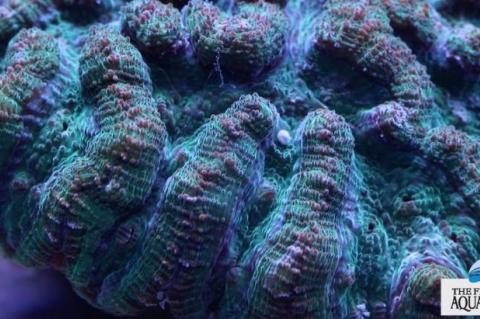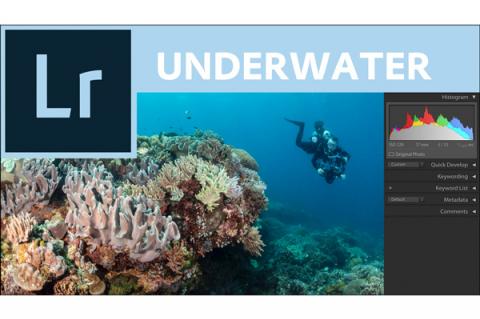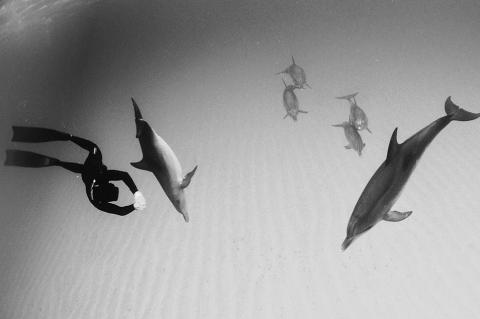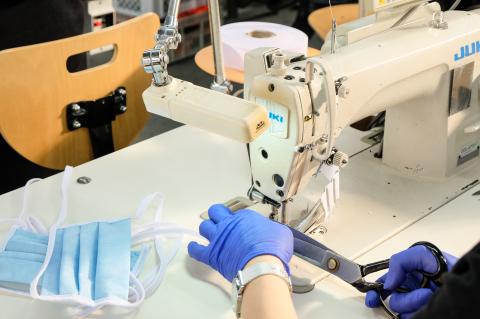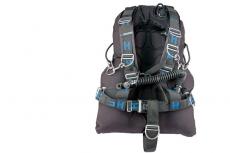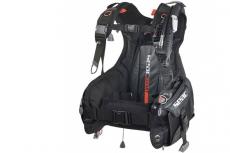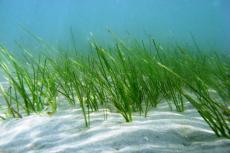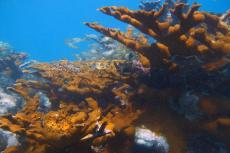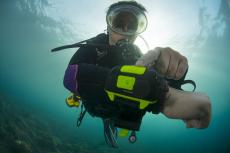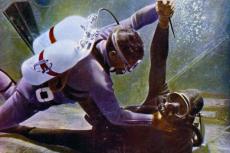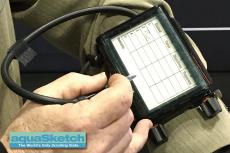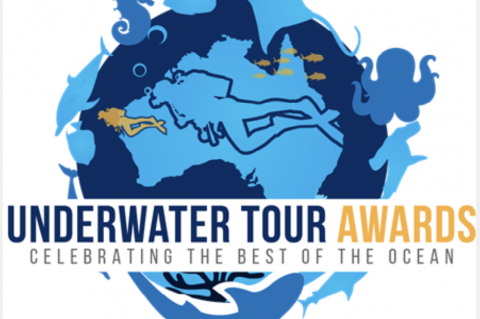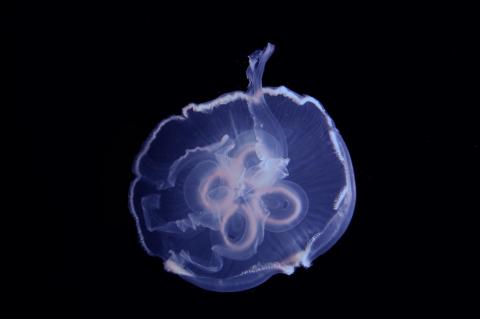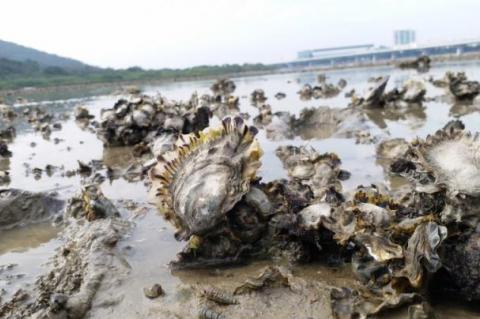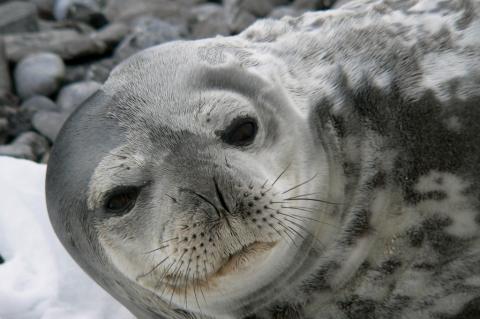Boil It, Cook It, Peel It – or Forget It
Travelling poses some real dangers, and they should not be ignored. Travellers have paid the price over and over again, many with their lives, many with lifelong suffering, and the main reason is ignorance. That’s right, ignorance.
Tags & Taxonomy
Travelling the road least travelled and beyond is a whole other matter and requires more preparation.
Start at home
Be a good kid and take your medicine! Research the area you are going to and take your shots. A good web site for research is http://wwwnc.cdc.gov/travel/destinations.
There you can choose the country and get recommendations. Print them out and bring them to your health care provider. Get there in good time before the trip. Some vaccines might need to be ordered, and that can take time, too.
See a health care provider at least four to six weeks before your trip to allow time for your vaccines to take effect and to start taking medicine to prevent malaria, if you need it. Do it even if you have less than four weeks before you leave.
Pack a well thought out First Aid Kit. If you will be travelling to remote areas, far away from any emergency room, ask for antibiotics—Tetracycline or Ampicillin.
Hand hygiene is vital
Granted, we tend to overuse anti-bacterial products in the safety of our own homes, and in the environment our bacteria is in sync with. This is different. While you travel, you are bound to go through places with lots of human traffic, like airports, train stations, buses and more, and you are in areas where your body is not adjusted to that type of bacteria. Keep your fingers away from your mouth, eyes and nose until you have sanitized them and do not drink anything that does not come out of a capped bottle. One trap is a cute child trying to sell you water bottles, chilled and tempting. If the seal is broken it has been refilled in the town well.
The risks are first and foremost traveller’s diarrhea and cholera. The Peace Corps has a simple rule, easy to remember, easy to follow: Boil it, Cook it, Peel it or Forget it. At least, do that.
The Cardinal Rules
Safe
Food. Hot and steaming is safe. Bread is safe. Marmalade, jam and syrup with high sugar content are safe. Rice and noodles if—you got it—they are cooked and served steaming hot.
Fruit is safe, if freshly peeled with your clean fingers. Citrus fruits have a high acid count, those are safe, so are cooked and steaming hot vegetables.
Drinks. Soda and water is fine, if in a factory-sealed bottle or a can or a tetra pack. However, you should probably wipe off the top of the can before drinking out of it or use a straw. A neat trick is to use a wedge of citrus as a wipe around the opening. Where do you think the idea of a lemon/lime slice with a Corona came from?
Water is also safe if boiled or treated with chlorine or iodine, which can be bought off the Internet in most countries and should be in your First Aid and Preparation Kit.
Unsafe
Food. Room-temperature foods and sauces are unsafe. There are no if’s, and’s, or but’s about it. Buffets? Well, choose carefully and follow the Safe Rules.
Previously peeled fruit, raw produce and ALL salads are off-limits. Unpeelable fruit and vegetables like tomatoes and grapes and berries are not safe in some countries were human feces is still used as fertilizer, and E-coli can be in the fruits and berries. It is not possible to rinse that off.
Street vendors. Avoid food and beverages from street vendors. That is part of the adventure for many though, and if you are a seasoned traveller, just use the rules and common sense, and you should be fine. But seriously, even the seasoned traveller should avoid raw and poorly cooked seafood.
Drinks. Avoid tap water and beverages not in factory-sealed containers and milk products, unless boiled or pasteurized. Avoid even wrapped ice cream. Use your common sense. Many countries to which divers travel do not have a reliable power source, and money is tight. Half-melted ice cream gets refrozen, and the healthy milk bacteria can turn into a nasty cousin. Do I need to mention ice cubes specifically? Unless you freeze them yourself with bottled or boiled water, adapt and drink lukewarm sodas and consider yourself lucky if you get a fridge-cold one.
Paying the price
So, you forgot one of the rules, and you are paying the price. You’ve got traveller’s diarrhea or cholera maybe. What do you do now? First, do not ignore the symptoms; do not believe that it will pass. These are serious conditions that very quickly can get very bad.
Traveller’s diarrhea and cholera
Many things—E-Coli, Shigella, Salmonella, viruses and parasites —can cause traveller’s diarrhea. The signs are usually diarrhea, with or without fever, and bloody stool. Cholera is a bit different. Rehydration is key for both. You should have been prepared and brought electrolytes in some form.
Signs and treatment
Diarrhea without fever. Take anti-diarrheal, which of course is in your First Aid/Preparation Kit. Follow the instruction on the package. If the symptoms are still there after 48 hours, get medical attention. Do not take aspirin with anti-diarrhea medication. Hydrate, hydrate and hydrate.
Diarrhea with fever and bloody stool. Take antibiotics. Some antidiarrheal can be used, check before you go.
Cholera.
Cholera must be distinguished from traveller’s diarrhea. The stool is different. There is no blood, mucus or pus in the stools of cholera victims. An abrupt onset of voluminous watery diarrhea, dehydration, vomiting and muscle cramps is what you are looking for. The onset of the diarrhea is painless and explosive, and you easily lose liters (a gallon) of fluid EVERY HOUR. You will lose salt and water through the stool, and life threatening dehydration is next.
The frequent watery stools will very soon lose fecal matter and odor, and become more like rice water to its appearance. The diarrhea is not bloody, and there is no fever. Mostly accompanied with vomiting, but not with nausea.
WITH NO TREATMENT, DEATH CAN OCCUR WITHIN HOURS. Immediately start rehydrating yourself, and head to a hospital. Simultaneously, if you can! Rehydration is the main treatment. In this case, oral rehydration solutions are essential. Using it at onset or as soon as possible have saved many lives. Drink 2-3dl (6-8 ounces) after each stool/bowel movement—or more, if you can manage, but not less.
If you can’t drink, or if you loose more liquid than you can drink, you need to get to the hospital. If you are vomiting, you need to get to the hospital. If there is a delay in getting you to the hospital, like if you might be on a remote island, start taking Ciprofloxacin 750mg once daily for three days, OR Levofloxacin 500mg once daily for three days, OR Azithromycin 500mg once daily for three days. The adult dose is 250mg four times daily. This is not done instead of going to a hospital; it is to save your life while waiting for transportation. Make sure the medical staff knows what you took in preparation, down to vitamins. The buddy system should be in the works here, your buddy should be involved from the beginning, since you might be too far gone in your own misery by now.
FIRST AID/PREPARATION
—What should be in your Kit
For Rehydration. Electrolytes in some form. If not available, you can make your own solution of salt, sugar and water.
For Diarrhea. Some kind of over-the-counter anti-diarrhea medicine
Antibiotics. Ciprofloxacin or Levofloxacin or Azithromycin
Simple Rehydration solution.
6 teaspoons of sugar
1/2 teaspoon of salt
One Liter (5 cups) of clean drinking or boiled water and then cooled. Stir the mixture until the salt and sugar dissolve. ■
Download the full article ⬇︎
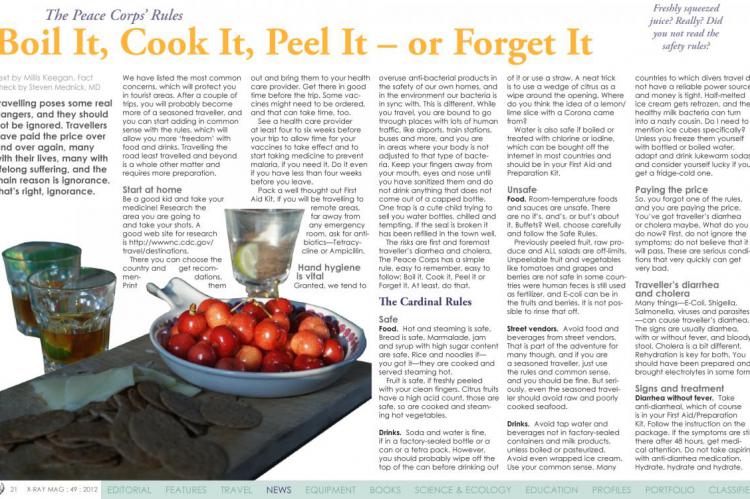
Originally published
X-Ray Mag #49
Malpelo Island: Columbia's Pacific coast; Israel: Journey beyond the three seas; Hornby Island: British Columbia getaway; Hubert Chretien interview; No need to get narked, by Mark Powell; Squid orgy in Southern California; Falkland's South Georgia Island; Point-and-shoot underwater photography; Resande Man wreck; SS Dago wreck; Rebreather Forum 3 report; Rebreather training technology; Plus news and discoveries, equipment and training news, books and media, underwater photo and video equipment, turtle news, shark tales, whale tales and much more...
.



